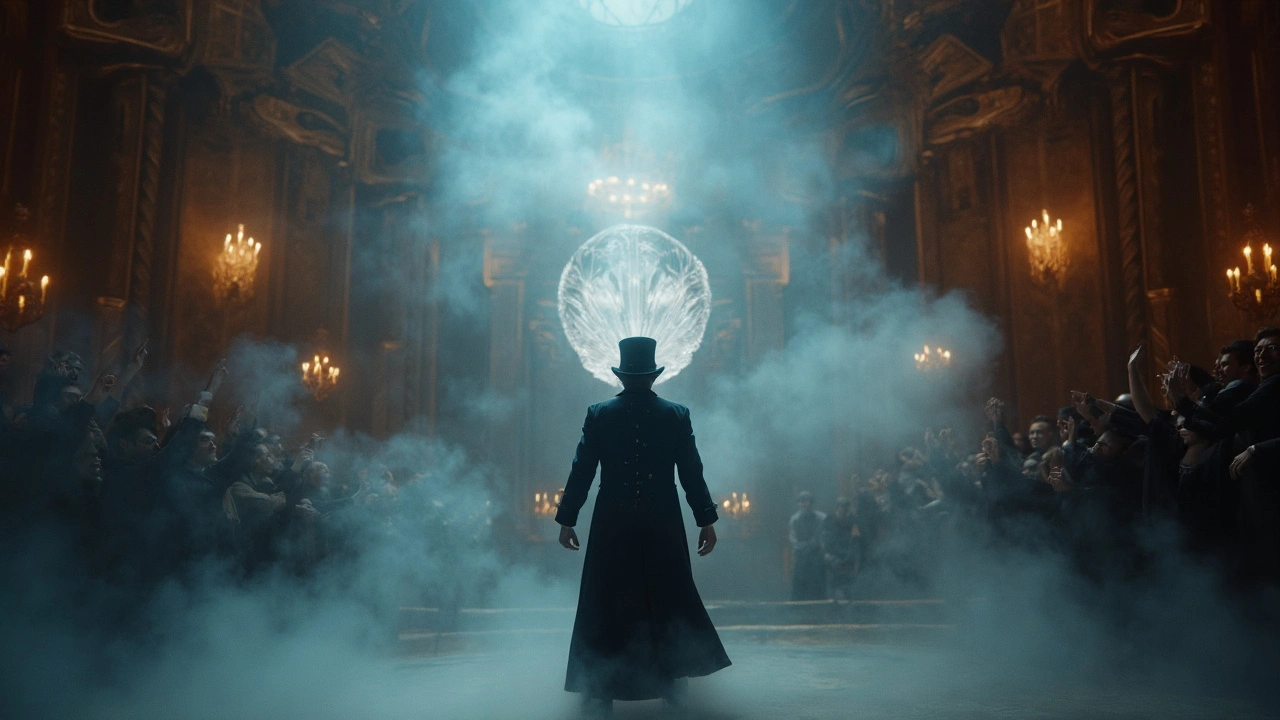The Greatest Illusion: How Magicians Fool Us Again and Again
Ever watched a magic trick that left you stunned and asking, “How did they do that?” That's the power of a truly great illusion—one that grabs your brain, sidesteps your logic, and sticks with you for days. But what really makes an illusion unforgettable? And why do some tricks keep working, even when you know to look closer?
Magicians have been blowing minds for centuries. The classics—disappearing acts, levitation, or mind reading—have deep roots, yet they never lose their punch. Why? Underneath the drama, the best illusions rely on core principles like misdirection, timing, and psychology. Simply hiding something isn't enough. You have to nudge people to look the other way, keep their minds busy, and leave zero time for questions. Magicians know audiences want to spot the trick. That challenge is what fuels the fun.
Take sleight of hand, for example. When a coin “vanishes” or a card changes, it doesn’t actually go anywhere. It’s all about clever moves that look simple. Practicing these over and over, magicians train their hands to move while your eyes chase something else. If you want to learn, start small: get a deck of cards or a coin, and follow along with trusted guides or videos. Go slow. Even basic tricks feel impossible until you see how misdirection works for yourself.
But illusions aren’t just about fast fingers. The best magic plays on how we think. Mentalists use suggestion and body language to “read minds” while really relying on clever guesswork and social cues. Ever notice how they ask broad questions or watch your reactions closely? It’s psychology in action. If you want to sharpen your own skills, try paying extra attention to how people talk, stand, or glance away—they reveal more than you'd expect.
Still, the most powerful illusions make you feel something. Whether it’s awe, laughter, or honest confusion, magic works because it connects. When a magician on stage gets the crowd gasping, it’s skill plus showmanship. Practicing your own performance matters as much as the tricks themselves. Not a “stage person”? No worries—magic for small groups or even one-on-one can have just as much kick.
If you want to dig deeper, the world of magic isn’t as secretive as it used to be. Magic schools, books, and online communities are packed with people happy to share tips, troubleshoot trick moves, and swap ideas. You don’t need special skills to start—just a sense of curiosity and the patience to practice until something snaps into place. And when you finally pull off your first real illusion? That reaction you get will be worth every frustrating hour.

Top Magic Trick Ever: Unveiling the Greatest Illusion
- by Zephyr Blackwood
- on 18 Mar 2025
Magic has an irresistible charm that has captivated audiences worldwide, leaving them amazed and curious. This article delves into one of the most astonishing magic tricks ever performed, exploring its fascinating nuances and the artistry involved in creating such a masterpiece. From learning about the magician behind the illusion to understanding how similar tricks can be practiced at home, readers will gain insightful knowledge. Additionally, practical tips on selecting and utilizing the best magic trick kits will be provided for aspiring magicians. Uncover the secrets behind the magic and ignite your passion for this enchanting art form.
